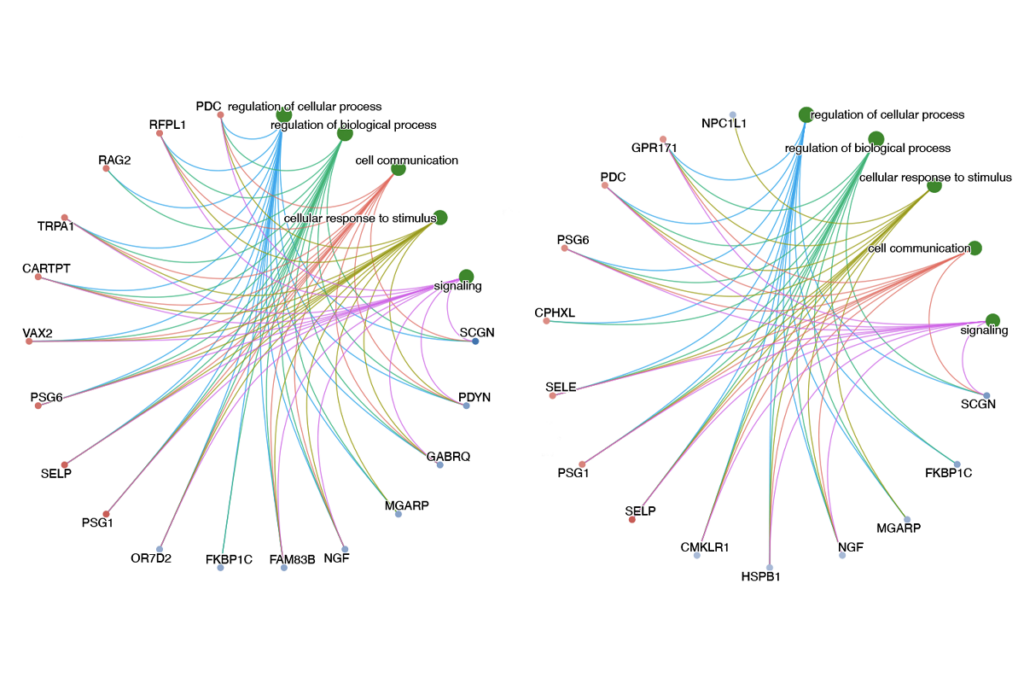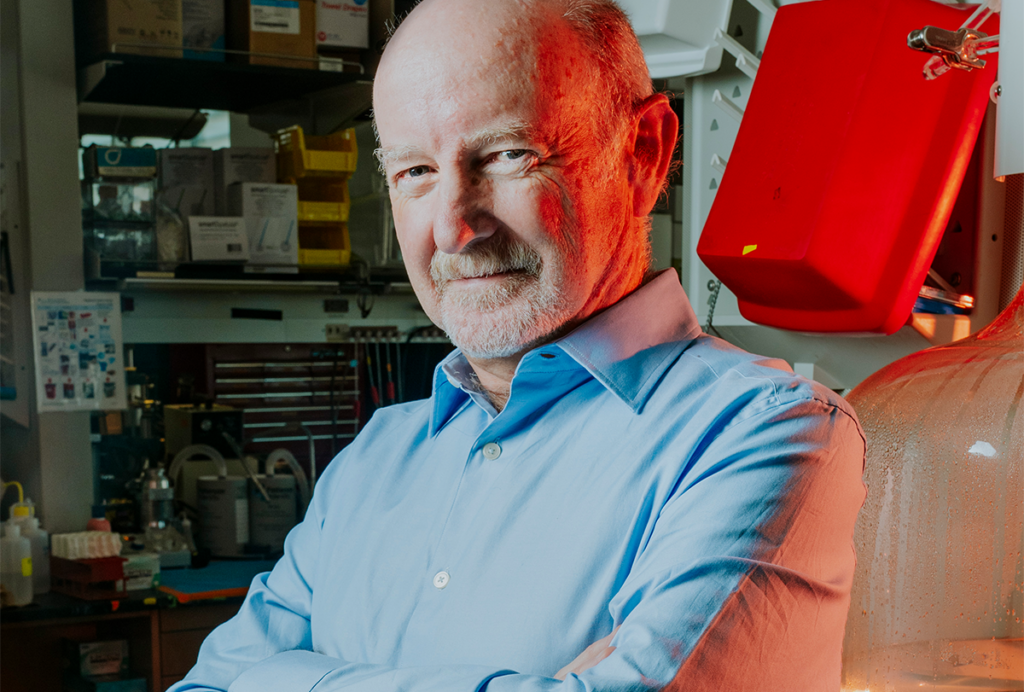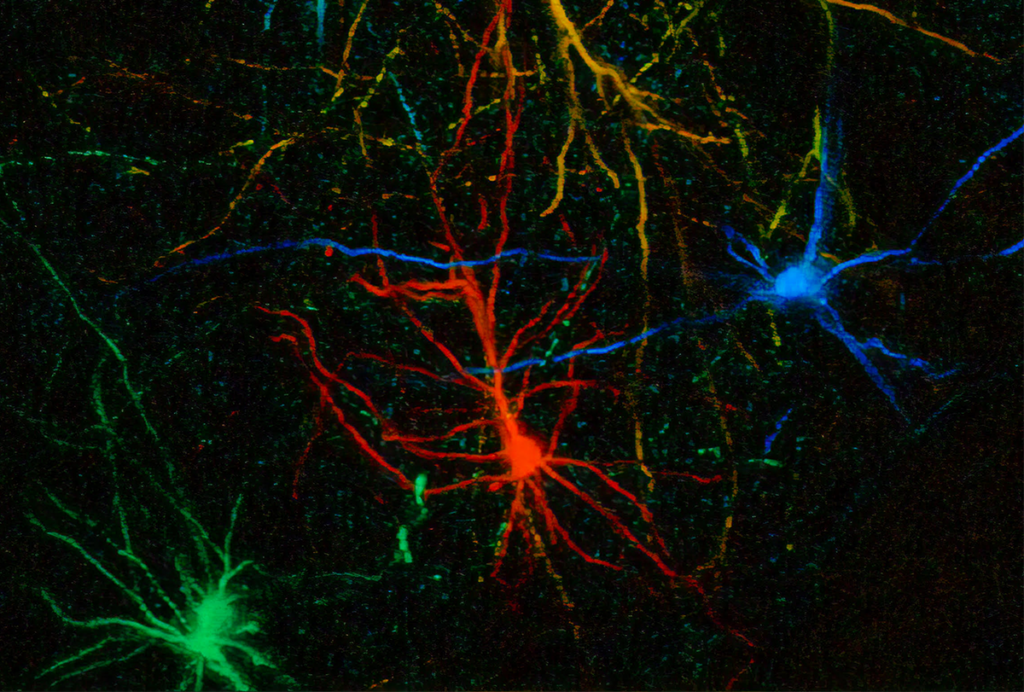Genetics: Intellectual disability traced to new mutations
Spontaneous, or de novo, mutations are present in about half of individuals with severe intellectual disability who do not have large genetic disruptions, according to two sequencing studies published in November.
Spontaneous, or de novo, mutations are present in about half of individuals with severe intellectual disability who do not have large genetic disruptions, according to two sequencing studies published in November1, 2.
A multitude of genetic and environmental factors may cause intellectual disability, which is often associated other neuropsychiatric disorders, including autism. About half of individuals with autism have intellectual disability, and the two disorders share some genetic risk factors.
Studies have linked severe intellectual disability (defined as having an intelligence quotient below 50) to large genetic abnormalities, including duplications or deletions of genomic regions, or copy number variations (CNVs).
The two new studies looked in individuals who do not have these CNVs for small mutations that alter, delete or insert single DNA nucleotides. Both studies sequenced the entire coding region of the genome in people with intellectual disability and their parents.
In the first study, published 15 November in The New England Journal of Medicine, researchers identified at least one de novo mutation in 53 of 100 individuals with intellectual disability. Of these 53 people, 13 have a mutation in one of a number of genes known to cause the disorder.
To confirm whether other genes with a known link to intellectual disability may have caused the disorder, the researchers looked for mutations in ten additional individuals for whom they had sequencing data. They also sequenced five of these genes in another 765 people.
This method found de novo mutations in three genes — DYNC1H1, GATAD2B and CTNNB1. Individuals who had mutations in the same gene had similar symptoms, the study found. This suggests a direct link between a mutation in that gene and intellectual disability, the researchers say.
In the second study, published 10 November in The Lancet, researchers looked at 51 individuals with severe intellectual disability, 20 controls, and parents of individuals in both groups.
Harmful de novo mutations are present in 20 of 51 individuals with intellectual disability and 2 of 20 controls, the study found. Of the 20 mutations in people with intellectual disability, 16 are in genes associated with the disorder.
Identifying the genetic cause of intellectual disability could help clinicians tailor treatment options to individuals. For example, researchers in the first study identified a mutation in PDHA1, a metabolic gene, which is treatable with a low-carbohydrate, or ketogenic, diet.
References:
1: de Ligt J. et al. N. Engl. J. Med. 367, 1921-1929 (2012) PubMed
2: Rauch A. et al. Lancet 380, 1674-1682 (2012) PubMed
Recommended reading

PTEN problems underscore autism connection to excess brain fluid

Autism traits, mental health conditions interact in sex-dependent ways in early development

New tool may help untangle downstream effects of autism-linked genes
Explore more from The Transmitter

Newly awarded NIH grants for neuroscience lag 77 percent behind previous nine-year average

